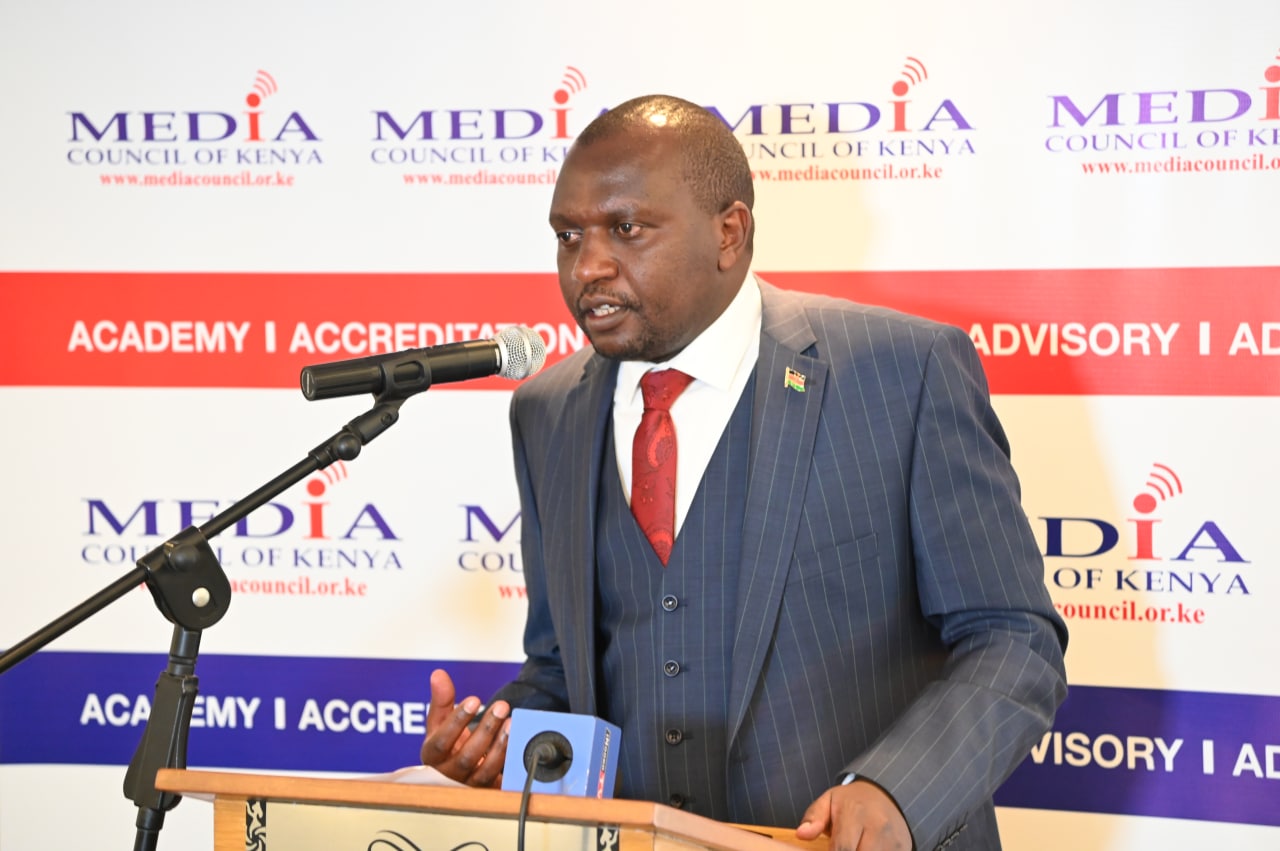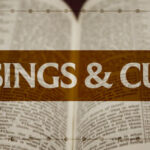Media Council of Kenya Reports The Hits and Misses of the August Polls
The Media Council of Kenya (MCK), a body mandated to set media standards and ensure compliance to those standards as envisaged by Article 34(5) of the Constitution of Kenya on Freedom of the Media, has released a report on Media Performance during the 2022 General Election.
In the report released on Tuesday, August 24, the media council applauded the electoral body (IEBC) for accrediting over 11,000 local and international journalists and media practitioners to cover the elections. They also thanked Chebukati’s led Commission for providing the journalists and media houses with access to the main tallying auditorium and polling stations which provided the media with an opportunity to tally the results leaving little to no chance of spreading misinformation to the general public.
The MCK also jointly established a fact-checking platform with UNDP, “that helped with addressing misinformation and propaganda during the election period. The intervention saw the creation of a strong network of fact-checkers drawn from the media including TV, radio, print, and digital who were trained, equipped with current tools for information verification, and actively networked to mount an industry-led intervention.”
The Media Council, however, observed increased cases of press freedom violations including denial to access voting areas, critical information from relevant public bodies, profiling of journalists and media outlets, online trolling of journalists and media outlets, and in some cases physical attacks on journalists.
“At least 43 journalists from various media houses were affected by various forms of harassment in 12 incidences documented by the Council,” the report read in parts. The council further observed the Weaponisation of Misinformation and Propaganda across social media during the elections and beyond, especially on digital platforms that border on defamation and publication of false content.
According to the council, most of the websites that shared misinformation were designed to make consumers assume they are reading reliable sources.
“Further, vocal and influential social media users especially on Twitter shared glaring misinformation in the process. Edwin Sifuna, Ahmednasir Abdullahi, Dikembe Disembe, Mac Otani, Dennis Itumbi, Robert Alai, and Miguna Miguna were some of those affected.”
The MCK also took note of the rampant increase of pseudo accounts, and the use of hashtags to front an agenda by different political parties; all in an attempt to spread misinformation on various digital platforms. Media houses were also not spared as they were also caught in the web of sharing misinformation. “Especially on the suspension of the Unga subsidy by Agriculture Cabinet Secretary Peter Munya.”
The MCK stated that all cases of harassment and discrimination journalists faced have been reported and investigations are being conducted. The council also addressed the confusion media stations created to the general public during the tallying process by recommending that enhanced coordination among media houses in the future will see a better transmission of election results from shared and public information sources such as the IEBC portal.
“Going by how media handled election results and interpreted the tallying process, MCK proposes a dire need for training on data journalism targeting all journalists in Kenya.”
In conclusion, the Council stated that each electioneering year is a learning opportunity with which media houses will keep learning and progressing.




